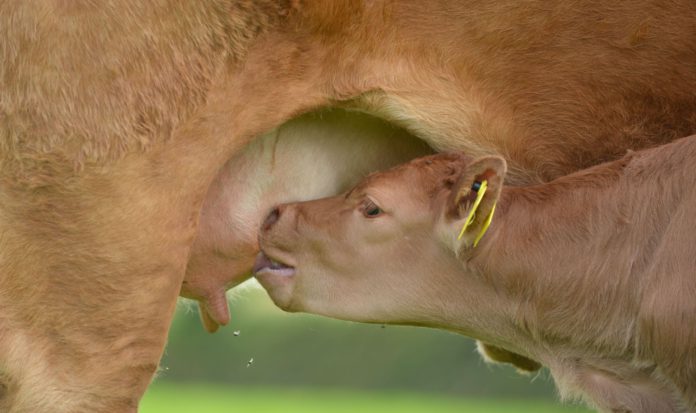The IFA livestock committee has slammed the Department of Agriculture’s CAP strategic plan proposals.
Livestock chairman, Brendan Golden, expressed how members are “very disappointed” at the lack of ambition to provide “meaningful” support for suckler and beef farmers.
He spoke following a meeting with committee members on Friday, August 20th, 2021. The committee comprises democratically elected representatives of suckler and beef farmers from every county in the country.
CAP strategic plan proposals
Golden stated that members are “disappointed” underhanded attempts to limit the national suckler herd through the proposed suckler cow scheme.
He said, “any attempt to limit or cap the national suckler herd has been rejected out of hand and will not be accepted by IFA”.
He highlighted that Irish suckler farmers operate one of the most environmentally sustainable beef farming systems globally.
Golden described them as a “critical” component of beef production within the higher environmental standards imposed on farming and food production by the EU in the new CAP.
€300/suckler cow
The IFA livestock chairman said the DAFM must “directly” support suckler farmers in the strategic plans for what they do.
These must include a payment of €300/cow with “no underhand attempts within the scheme to limit or cap the national herd”.
The livestock committee also strongly rejected the compulsion to be part of the Bord Bia Quality Assurance Scheme (QA) as a condition of eligibility to receive payments.
“QA is recognised as a market requirement, and as such, farmers who participate must be rewarded from the marketplace.”
“It is not acceptable or appropriate to impose this requirement as a condition of the suckler scheme.”
“Farmers already measure carbon in existing schemes without the requirement to be part of the Bord Bia QA Scheme,” he added.
The IFA official was critical of the DAFM’s failure to include a cattle rearing and finishing scheme in the strategic plans.
IFA has made proposals to the DAFM to extend the pilot dairy calf to beef scheme to include “meaningful” payments to farmers who rear and finish weanlings and stores from suckler farms. He said the DAFM must provide a scheme that returns at least €100 an animal.
Eco-schemes
Golden said productive suckler and beef farmers are most dependent on strong direct supports, which account for up to 160% of FFI on these farms.
They are also farmers who are impacted most by the convergence and eco scheme proposals within Pillar I.
“Eco-schemes must be designed to ensure every farmer, at a minimum, is provided with the opportunity to claim back all the monies that are taken from their individual entitlement value,” he said.
“There is ample opportunity within Pillar II to offset this impact and reward Irish suckler and beef farmers directly for the food we produce to the standards imposed on us by the EU.”
“The key question is there a willingness from our Minister for Agriculture to formulate strategic plans and provide the co-financing allowed in Pillar II to achieve these objectives.”
Targeted supports
Golden said while the requirements for the new CAP are challenging, there is “nothing stopping” Minister McConalogue, in the National Strategic Plans, from ensuring supports are directed in a “targeted manner” to suckler and beef farmers that reflect the standards and quality of production on these farms and the contribution to the environmental objectives in these production systems.
He said the DAFM must “fundamentally change” current proposals for livestock farmers in the Pillar II schemes.
He said the farm group would be put forward a “detailed” response to the consultation process and raise these issues “directly” with the Minister for Agriculture.





